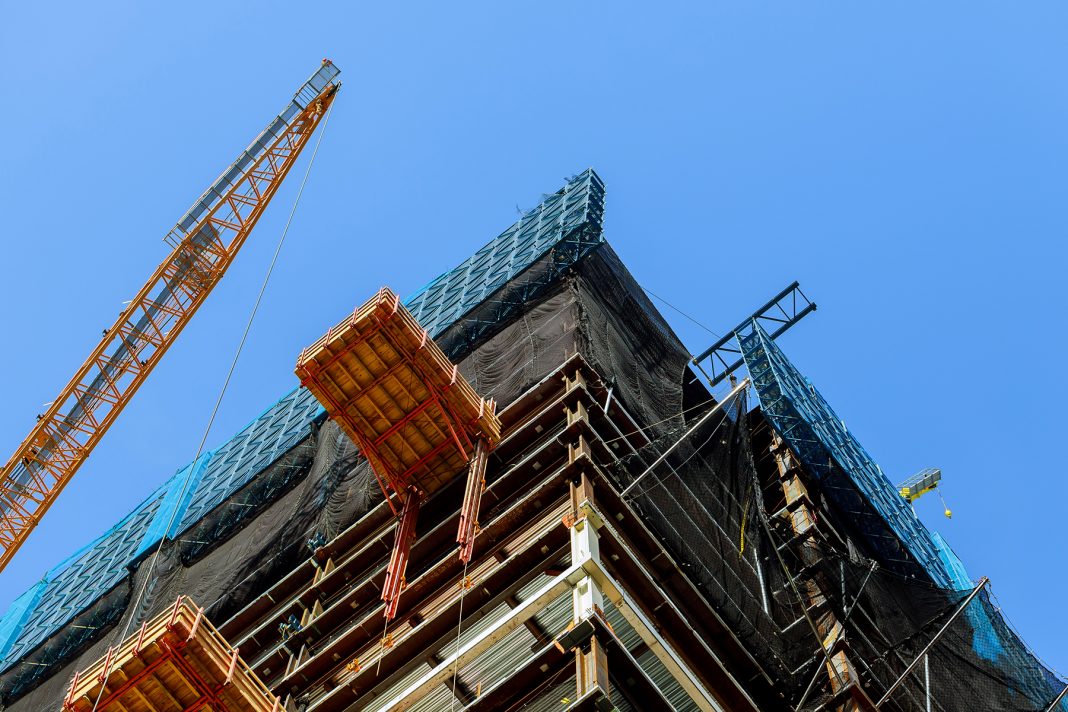A rapid drop in availability of construction subcontractors last month added further pressure to ongoing transport, staff and materials shortages, taking order books to the lowest level since the January lockdown, according to the latest HIS Markit report.
The resulting demand/supply imbalance led to the steepest rise in subcontractor charges in the report’s 24 year history, it continues.
Purchase prices increased rapidly in September, although the rate of inflation eased further from June’s all-time peak.
Around 78% of the organisation’s survey panel reported a rise in their cost burdens, which was mostly linked to supply shortages and transport surcharges. At the same time, however, just over half (51%) remained highly upbeat about the business outlook while only 8% anticipate a decline.
Tim Moore, Director at IHS Markit, which compiles the survey said: “September data highlighted a severe loss of momentum for the construction sector as labour shortages and the supply chain crisis combined to disrupt activity on site.
“The volatile price and supply environment has started to hinder new business intakes as construction companies revised cost projections and some clients delayed decisions on contract awards. As a result, the latest survey data pointed to the worst month for order books since January’s lockdown.
“Shortages of building materials and a lack of transport capacity led to another rapid increase in purchase prices during September. There was also a considerable decline in the availability of sub-contractors, with survey respondents citing shortages of bricklayers, drivers, groundworkers, joiners, plumbers and many other skilled trades. Measured overall, prices charged by sub-contractors increased at the fastest rate since the survey began in April 1997.”
Duncan Brock, Group Director at the Chartered Institute of Procurement & Supply, said: “Construction activity suffered another setback in September, as builders were hammered by staff and material shortages, delivery delays and higher business costs as this phase of the post-pandemic recovery became the shakiest for eight months.
“Housing and civil engineering bore the brunt of the slowdown with residential building the weakest since June 2020 during the early stages of the pandemic. The increases in shortages also affected project agreements with a sharp fall in new order growth, where customers hesitated to commit, uncertain about prices and the timing of completion. Over 60% of supply chain managers said their deliveries were taking longer and 78% were paying more for their goods as inflation remained stubbornly high.
“Good news for job seekers though as the demand for skilled labour remained unabated, and companies were left wanting more. Sub-contractors were unable to fill the widening gap of need as their availability shrank and prices charged accelerated to record levels. Unless stronger supply chain performance is nailed down along with headcount, we are heading towards a stagnant autumn because the sector is certainly not on an even footing at the moment.”












